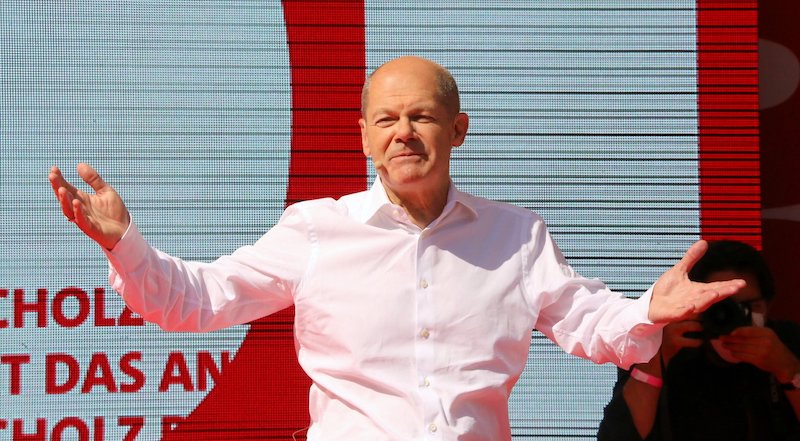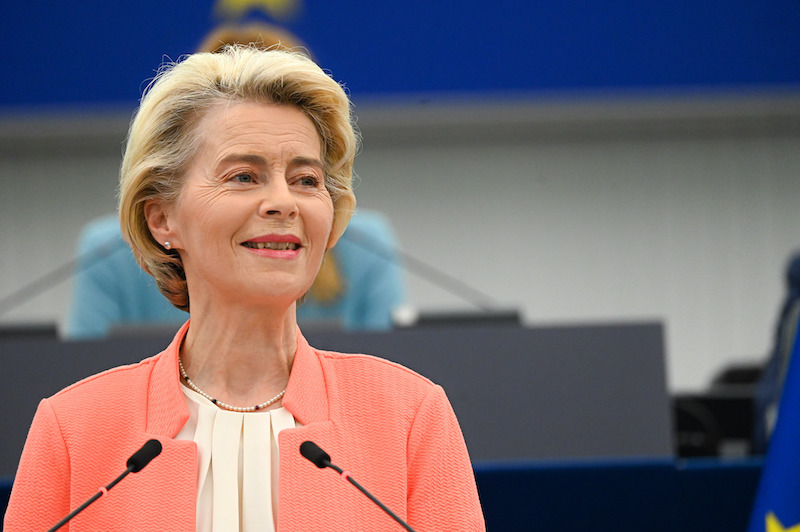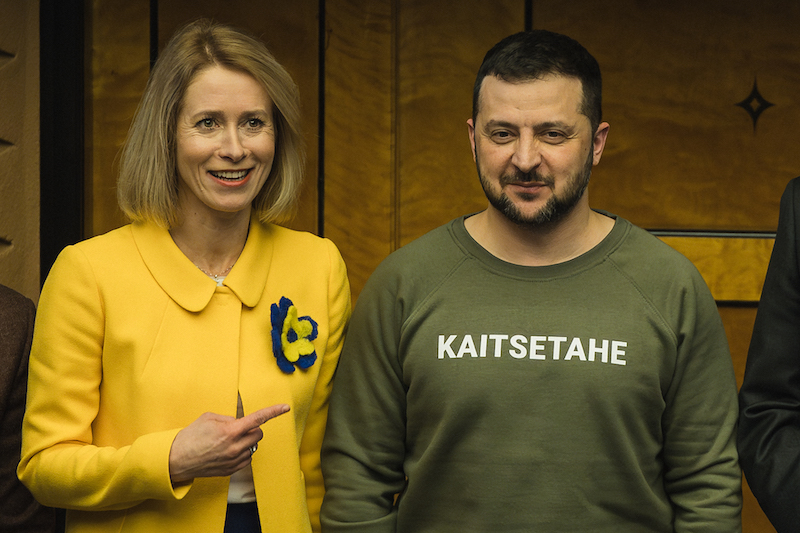“We are home,” reads the faded yellow cover of the newspaper I have carefully kept in a box under a shelf for the last 20 years. Its publication date – 1 May 2004 – is symbolic for two reasons: it was the day when Hungary joined the European Union, and the day when I started working as a journalist.
In fact, one of the papers I kept is the special edition of Magyar Hírlap, where I started my career as a foreign affairs reporter.
Much has changed in the 20 years since that cover was published. For one, Magyar Hírlap has been turned into a radical right-wing propaganda outlet, while Népszabadság, the other newspaper I kept, shut down under government pressure.
It is not only my profession that the government has captured, but Hungarian society as a whole.
When I see official posters on the streets of Budapest, depicting ‘Brussels’ throwing bombs or the president of the European Commission as a puppet of the Soros family, I wonder if people have forgotten what it means to be part of the EU.
Government propaganda is having an impact, as support for the EU in Hungary has fallen by 10 per cent in recent years.
Still, the cover story of two decades ago was not wrong: joining the EU felt like a homecoming for most Hungarians. For us, enlargement was not only about free travel and more chances of a job abroad, but also about finding our place as a nation on this borderland between East and West. Of course, membership came with its own obligations, which both sides had to respect. But I also firmly believe that disagreement on some issues, be it migration, agriculture or foreign policy is good for the European community.
And waging war against where we have always belonged is not.






